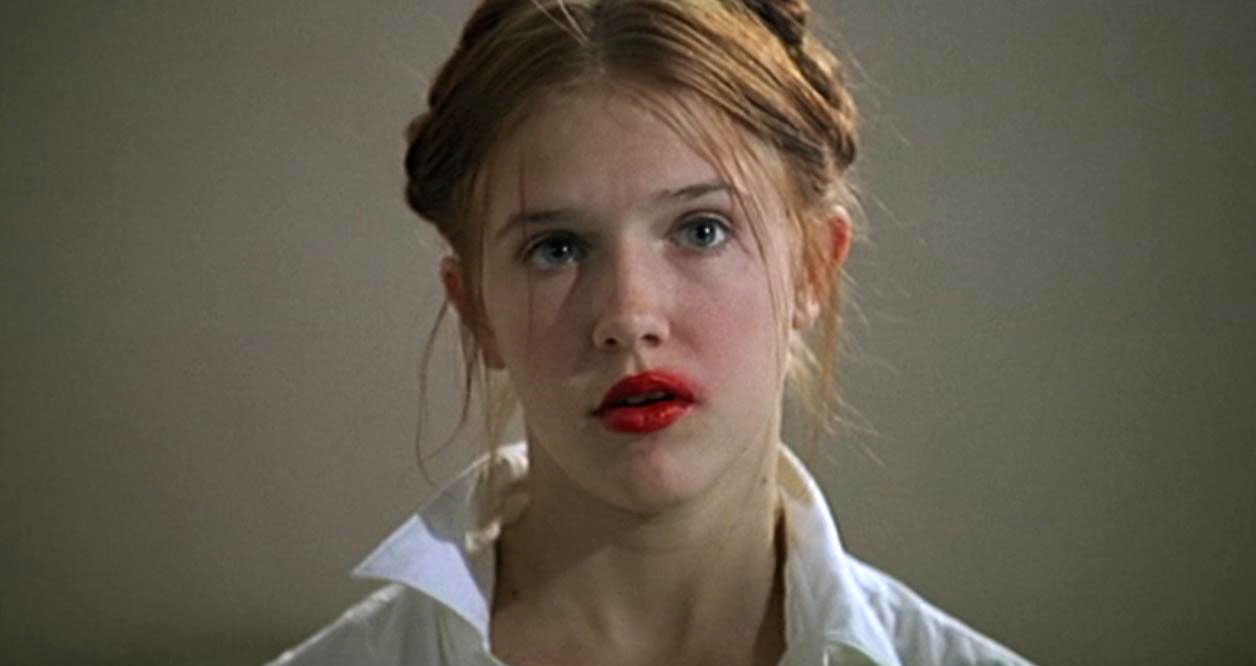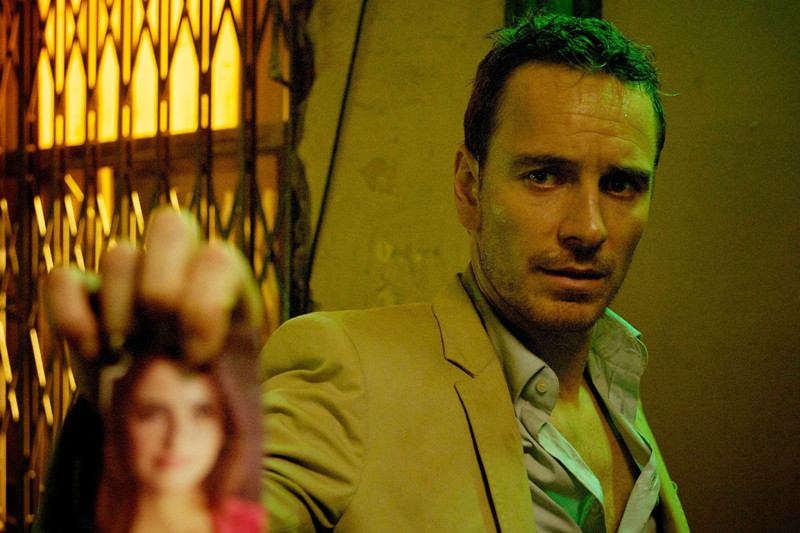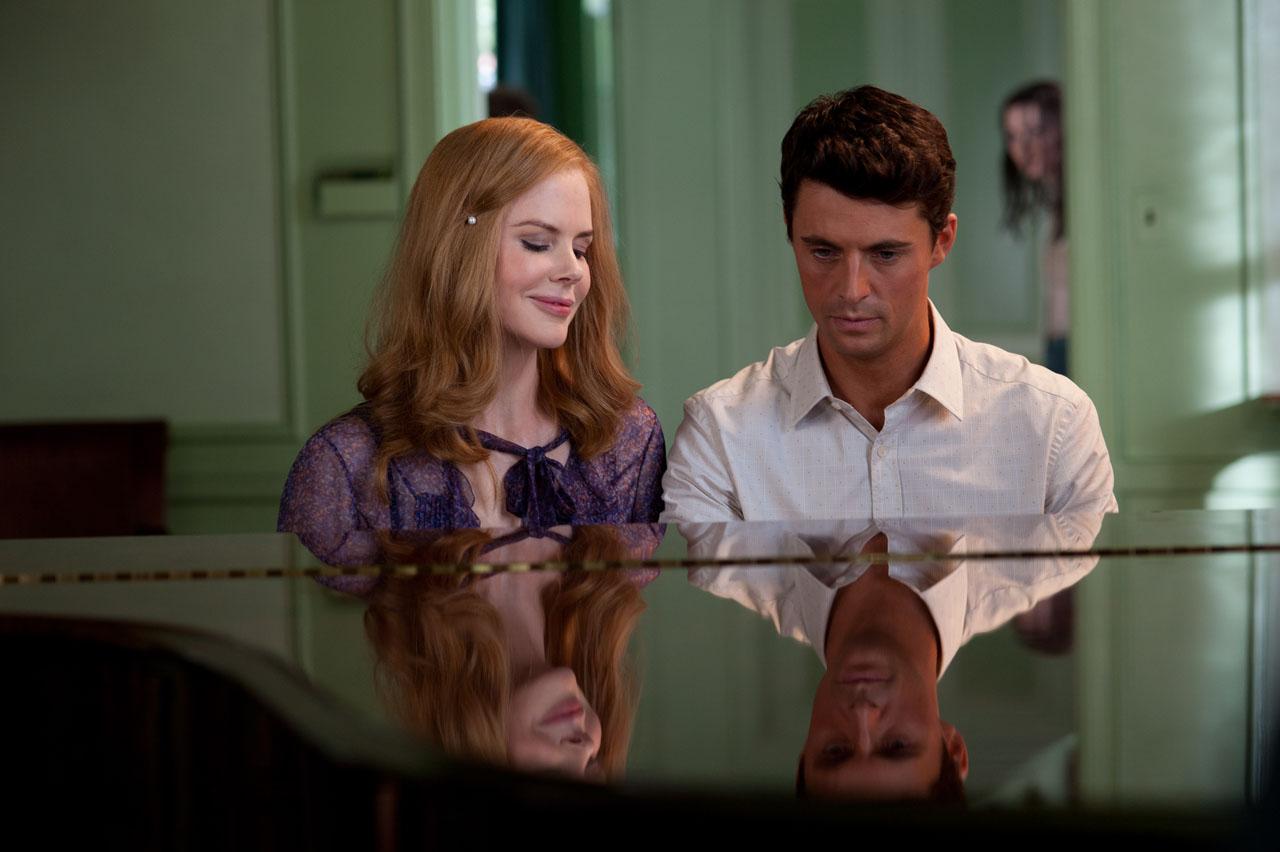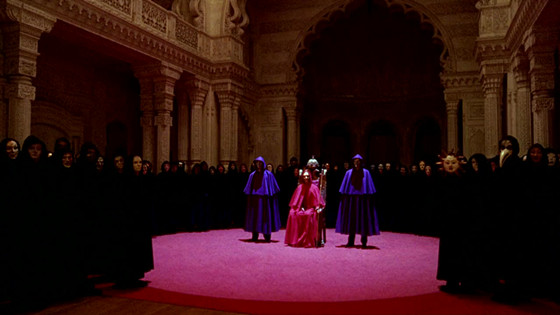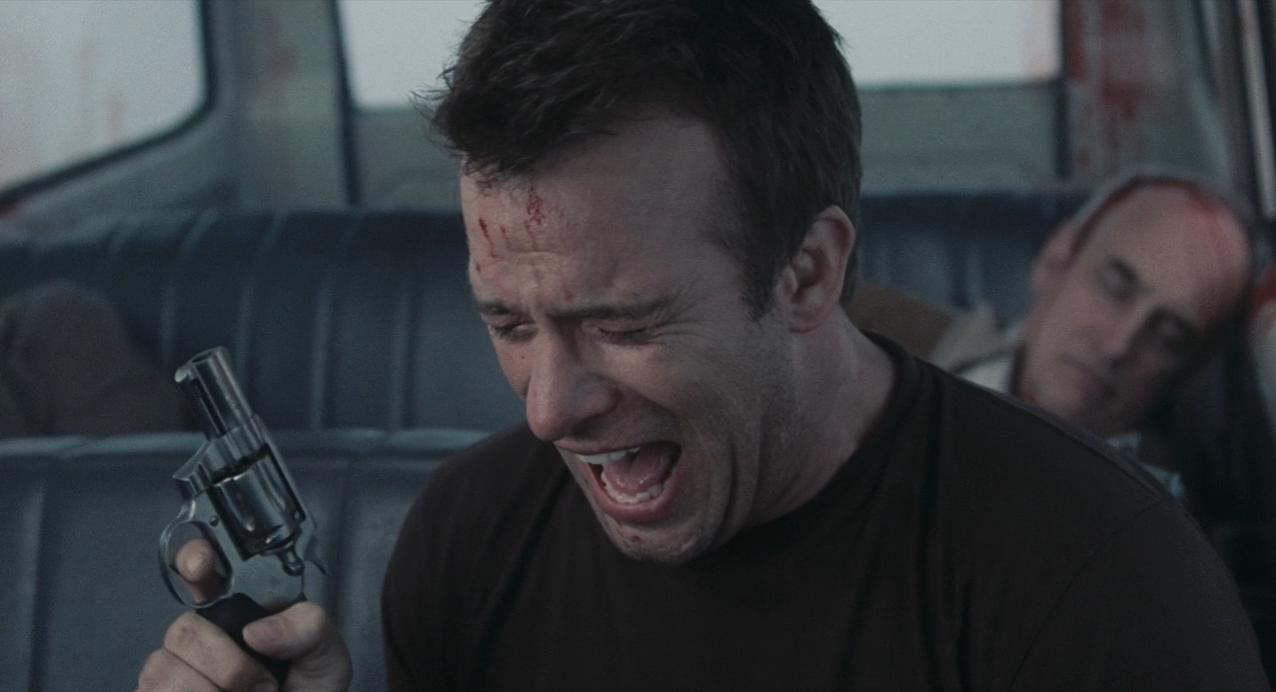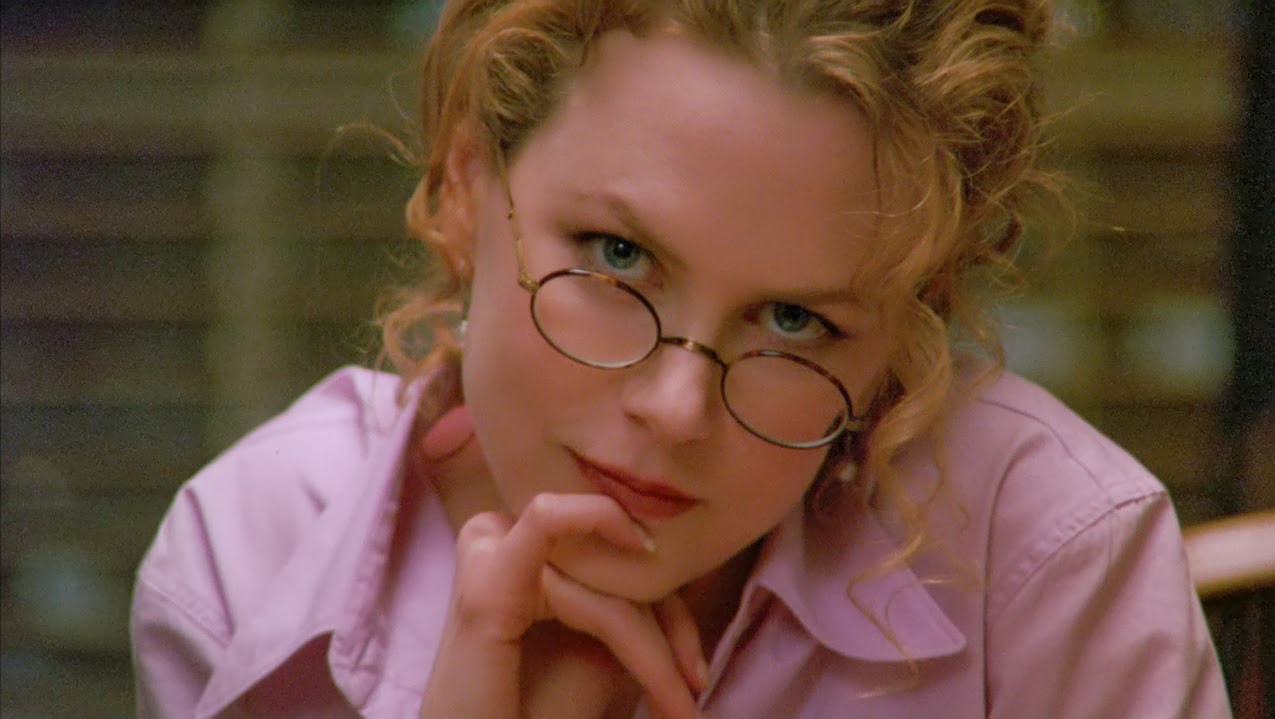
Sometimes we are moved by literature and we want to share our findings with our friends, only to realize that they have completely missed the point. On the other hand, that point is only our point and it is possible that it is us who lost it.
Because of this, some of my friends and I have the habit to meet once in a while and explain to each other why the movie some of us found awful was actually a good one. Keeping that alternate view in mind, one may go ahead and experience the movie through the eyes of his/her friends and who knows, perhaps, he/she may enjoy it this time.
As R. D. Laing says in The Politics of Experience and the Bird of Paradise (1967): “Your experience of me is not inside you and my experience of you is not inside me.” It’s all in between and “we are our relationships” (John Berry). To be able to understand these relationships, we can take a peek at each other’s thought processes. When we understand why and how something we found absurd is intelligible to other people, we can go ahead and make our absurdities intelligible to them.
Therefore, instead of trying to prove a particular interpretation of the movie wrong, we must appreciate it for what it is and only then, provide our way of looking at things to further the conversation. That way, perhaps “we can experience what each other is experiencing” (R. D. Laing). We will no longer have strong emotions about our perceptions of the world. We will no longer be confined to the borders of our reality.
1. Lolita (1997) – Adrian Lyne
I was anxious to watch this movie with someone I loved. She wasn’t a Lolita or anything. I think, being fascinated by the lead character’s affection for Lolita, I wanted to show her how I really felt about her. From my point of view, Professor Humbert abusing his wife and turning a child into a pawn in a sick game were irrelevant. Behind these actions one could also find the most wondrous truth. As Eden Ahbez puts it (1947): “The greatest thing you’ll ever learn is just to love and be loved in return.”
To my surprise, only the incestuous father angle was seen. One wonders… When there are so many alternate meanings, what do we see? More importantly, are there really alternate meanings when we are bounded by our past, current circumstances and the way we lead our lives? Do we still have the capacity to see when we are accustomed to live behind so many different layers of fake identities that comfort us while distorting the truth? By the term “fake”, I don’t mean made up.
What I mean is we are surrounded by innocent looking identities like mother and father or student and teacher. Though they may not immediately corrupt you, they all take some to give some. By defining your experiences using your favorite terms, do you develop your understanding, hide your naivety or create a dream world for yourself?
Difficult questions to answer. Strangely enough, sometimes it is a good thing to distort reality. If you have lost someone who was dearest to your heart, then you can easily identify with the ones pursuing lost causes. Misfits and loners feel like family. And, you keep repeating to yourself that what you want is what’s real… over and over.
You have the feeling that if you have stopped even for an instance, the sense of whatever’s been lost will be lost forever with all the other clues that tell you “you are indeed at home. “
From this point of view, what Professor Humbert attempts to do (chasing a long lost love) is foolish and it is bound to fail. You can never go back home. When you let go of that point of view, however, you would sacrifice all that you have even for a glimpse of that past, wouldn’t you?
This is a heartbreaking lesson that shows us that nothing can ease the pain of losing what was genuine and honest. How can one not understand what he means when Professor Humbert says: “Ladies and gentlemen of the jury, if my happiness could have talked it would have filled that hotel with a deafening roar?”
2. The Counselor (2013) – Ridley Scott
You can only say it in so many ways. The point you are trying to get across always has a never changing requirement: Those who are listening to you must have open ears and free minds. Otherwise, they will only see what they want to see and hear what is related to those desired images, nothing more.
In the beginning of the movie the counselor represents ‘successful’ and ‘happy’ people. He looks respectable and wealthy. He gives us the impression that he deserves it. Those who are living the good life… we all want to be like them, don’t we? These people have a very high level of hygiene. They are not being ‘polluted’ by the harsh realities of the world while they are enjoying its tasty fruits. In other words, our counselor doesn’t have a guilty conscience.
The counselor has a job that requires you to go to a college and spend several years there. One may assume that if the college you go to is viewed more respectable, then as a result, you are going to be viewed more respectable as well, as if that property of this entity (this college’s respectability) is contagious. Perhaps, it all starts with this feeling of superiority.
Then, a future counselor may think that in any situation he can see the big picture instantly and make the necessary adjustments for him to get whatever he/she wants. You know, in his world getting whatever he/she wants is his only way of solving problems. Shockingly, he may even go ahead and consider this attitude as a reflection of his/her professionalism.
We can interpret professionalism in two ways. First, we may say that a professional is someone who has knowledge about a particular business domain, ability to apply certain techniques and possesses strong work ethics.
Alternatively, we may skip all these quickly and say that a professional is someone who may share his/her abilities with those who need them if the price is right. Our counselor belongs to this category. Did you not notice, the counselor does not even have a name? He’s nobody. During the movie he is always referred to as the counselor, but he is the one who needs counseling. When the counselor meets Westray, he advices him to not go ahead with the drug trafficking deal.
However, counselor ignores this advice and keeps calculating his profit margin. Perhaps, what St. Augustine says in his Confessions (397 – 400 AD) may make the point of the movie clearer: “Those who can feel invisible things such as shame or guilt know what’s right or wrong. They laugh at me, because they are not aware of this truth. Though they laugh at me, they still want to be touched by the divine light and be saved. Yet, their hearts are either chained in the past or in the future.”
The movie also has a very interesting scene about the counselor’s efforts to find his wife. A high-ranking cartel member (Jefe) finally accepts to talk to the counselor about the whereabouts of his wife. Unexpectedly, he speaks like a true philosopher and leaves the audience at a loss. After that scene, the movie continues pretty much the way we expect it to be. If you are inclined to get lost in the superficial cover-up stories, you will never understand what Jefe means.
You might even go further and remember the deadly duo in Pulp Fiction (1994): Vincent Vega and Jules Winnfield. You know, how Jules used to recite a particular section of the Bible just to enjoy the moment more. However, this is not Jefe’s attempt to enjoy the moment. He is (along with Cormac McCarthy and Ridley Scott) really making a point here.
Jefe summarizes the current situation while he delivers the point of the movie: “You are the world that you have created. And when you cease to exist, this world that you have created will also cease to exist. But for those with the understanding that they’re living the last days of the world, death acquires a different meaning.
The extinction of all reality is a concept no resignation can encompass. And then, all the grand designs and all the grand plans will be finally exposed and revealed for what they are.” In other words, “the entity which anticipates its non-relational possibility, is thus forced by that very anticipation into the possibility of taking over from itself its ownmost being.” (Being and Time, Martin Heidegger, 1927).
When there is nowhere to go and nothing to do, at the edge of your world you are alone with yourself. This either means exaltation or condemnation. It’s particularly common in religious circles to try to artificially experience such a condition. It is believed by many that such experiences may grant you access to a deeper level of existence. When you take a look at the common religious figures on the other hand, one has a hard time believing such nonsense.
Yet, we see our hero, the counselor, in a very similar situation. Though not willfully, but nevertheless naturally, he is deprived himself of everyday pleasures. Will this force his essence to ‘come out?’ Is exaltation an automatic consequence of pain and sorrow?
3. Stoker (2013) – Park Chan-wook
It may be strange, but I like to memorize particular scenes of movies and then, I think about them for a long time. I mean, years… Some people are so fascinated about the whole movie, its coherence and obviously, their opinion of it. Was is a thumbs up or down? They think that a single scene may ruin the movie completely.
Therefore, they think it’s only natural to expect all of the scenes of the movie to adhere to the standards they liked. I think such a way of looking at things is a form of blindness and that’s what this movie is all about.
In the beginning of the movie, India Stoker states that she can see what others cannot. Then, as the movie progresses we see that she was talking about her predator instincts which her father desperately tried to tame by taking her to hunting trips.
If we don’t take super human powers into account, the ability to see what others cannot comes from your being an outsider. An outsider is a person who has an alternate set of presuppositions when compared to the community he’s/she’s a part of. Therefore, what’s hidden to the others is visible to him/her.
An outsider can see those things because his/her vision is not polluted by normalcy. Of course, this comes with the disability to see what others can see. You know, normal things… A person can only see the things that are intelligible in his/her world. So, apart from whatever’s in its focus, a keen eye is also blind to the rest of the world.
There’s a paradox for you. Who is the one with a disability here? Who is the one with the superior abilities? Don’t confuse yourselves with morality here. Forget that India likes to kill. In another movie it may be the other way around. So, ask yourself these questions one more time. Then, you will see how difficult this question really is.
We may debate this for years. So, let’s benefit from a master’s work once again to avoid that: “He/She who does not only know his/her, but also other people’s presuppositions, is the one with the superior ability to see. “ In other words, according to this claim both of the groups we are talking about are blind!
They think they have stronger senses because they compare theirs with the ones they observe in other people. If they knew what it is that makes one to see in either group, they would have developed a stronger ability to see. This is called merging of horizons (Being and Time, Martin Heidegger, 1927).
4. Eyes Wide Shut (1999) – Stanley Kubrick
When we buy a ticket and go to a movie, we get the impression that everything is created with us in mind. Although many aspects of a movie are created that way, we must understand that the main reason a director is interested in making a movie has nothing to do with us.
A creator’s main concern is always his/her creation. How this creation will be viewed becomes a valid question only after it has been created (when it’s too late to answer such questions properly), granted that the creator finds such questions meaningful.
This is such an alien concept to us. Because, we are so accustomed to the Hollywood formula that we consider such a design as unchangeable. As a result, we also think that what we see on the silver screen always has something to do with what we observed previously or what we will observe shortly. This may very well be the Spielberg’s curse.
Try to remember The Lost World: Jurassic Park (1997). How everything was planned and executed adhering to the minute details defined by the director (or the sales department). It was so precise, it was boring. Though it aimed to be lifelike, it came out only as artificial as it can be. When faced with such a cohesive group of actions directed at me, I cannot help myself but think that it is manufactured and somebody is trying his/her best to fool me.
Fortunately, there are some directors who dislike this approach too. When they have the opportunity, they love to play tricks with our minds. In these moments, I often imagine the director sitting nearby and watching us, while we are watching the movie.
Imagine that you are in a bar and there is live music. There you will see a lot of people watching what they are supposed to watch. However, you will also see prowling individuals constantly checking whether they are being watched… whether they have raised the attention level of those interested in them. Those with hidden agendas may use unsuspecting audiences in settings with well-defined purposes in any way they want.
Remember the Ridley Scott’s blackout scene in Exodus: Gods and Kings (2014)? Kubrick is using a similar technique here. He is playing with the viewers’ attitudes towards immoral acts by providing stronger stimuli that may distract them, in this instance, better looking women. He knows that when the hormones get going, we are reduced to our basic form.
When we are nothing more than Mother Nature’s pawns trying to achieve goals we cannot even comprehend, but slaves to it in the game of life, we lose our ability to be men/women. We become surrogate mothers and sperm donors. When we find operating at that level of existence normal, then everything is ‘normalized’ with respect to this acceptance and there is no such thing as ‘sin’ anymore. We are just going to attend a party and have a good time. What’s wrong with that?
There is a very close link between this movie and David Lynch’s The Elephant Man (1980). In both cases we have a hard time seeing what’s really there, in front of us. How easy it is to lose our way. How easy it is to forget that behind the grotesque appearance of a creature there is a person.
The only difference is in Eyes Wide Shut we are tempted to make the same mistake when we are presented with perfect breasts and hips. In other words, beauty (admiration) can make you blind just like ugliness (disgust).
5. The Mist (2007) – Frank Darabont
At the end of the movie David Drayton, a film-poster artist who found himself in a dreadful situation cannot take it anymore and after he shoots his loved ones, he almost commits suicide himself. You leave the movie theatre with mixed feelings. Should he have waited a little bit more, so that when the reinforcements come he could have lived happily ever after with his new found family or would it be another futile attempt destined for failure?
When faced with the ultimate terror what can we do? Can we maintain our cool? Will we lose it completely? Well, I think we’ll do whatever we do when faced with less threating problems. In other words, you always do what you can do. The only question is whether you’ll try to do it with or against other people.
As Richard Dawkins often points out, human beings are pattern seeking animals. Without patterns one cannot go ahead and create a larger universe for himself/herself. That’s a very tricky condition, though. Because the necessity to make whatever we experience meaningful can make us do many different kinds of things and some of them are portrayed in this movie.
When people are trapped in a supermarket because of the ungodly creatures in the mist, some try to be reasonable, others not. Being reasonable has a variety of colors. For example, Brent Norton, being a lawyer, has the tendency to underestimate the situation because it just doesn’t make any sense to him. David, on the other hand, tries to be practical regardless of his thoughts and feelings about the situation.
Interestingly enough, those who underestimate the problem are the most and the least intelligent of the bunch. In other words, the best and the worst of us have the same defect: the tendency to put oneself in the center of whatever’s going on at the time either by claiming to be the brains or the hands.
When we take a look at those who are on the sidelines, we see that they are not only more cautious, but also more practical. What’s more, those who aren’t consumed by the excitement caused by the event are more decent. They preserve their decency by trying to help out other people. This way their baser instincts do not show up.
As usual in such cases, the religious figures come out and they make the show their own. They cannot contain themselves. When they come out of the closet, their world immediately feels too small for them. So, they try to create a universe where their little world is meaningful. In this case, Mrs. Carmody claims that everything is going according to God’s plan and you didn’t have to worry if you are a believer.
As you can see, here what’s seen as meaningful is about being a part of something greater than oneself. So, the horrors they have been subjected to only make sense in their relations to their preferred God. Obviously, the way we make sense of things do not always take us to a higher level of existence.
Our choices are not necessarily wise and decent. Problem is that in a crisis situation anything goes as long as it somehow makes sense. Probably because of this, religious figures immediately become the men/women of action in such circumstances. They have the advantage of having a story handy.
Is there a way that will help us to continue to be civilized in such circumstances? Maybe accepting that our story may not have a happy ending can cool our heads. The story we take so seriously may not even be ours. We may only have supporting roles in someone else’s big adventure. Therefore, maybe we should try to appreciate the journey and try not to go crazy about whether we’ll get to the final destination or not.
The critical question remains unanswered, though. Can we really do all that when we are scared as hell?
